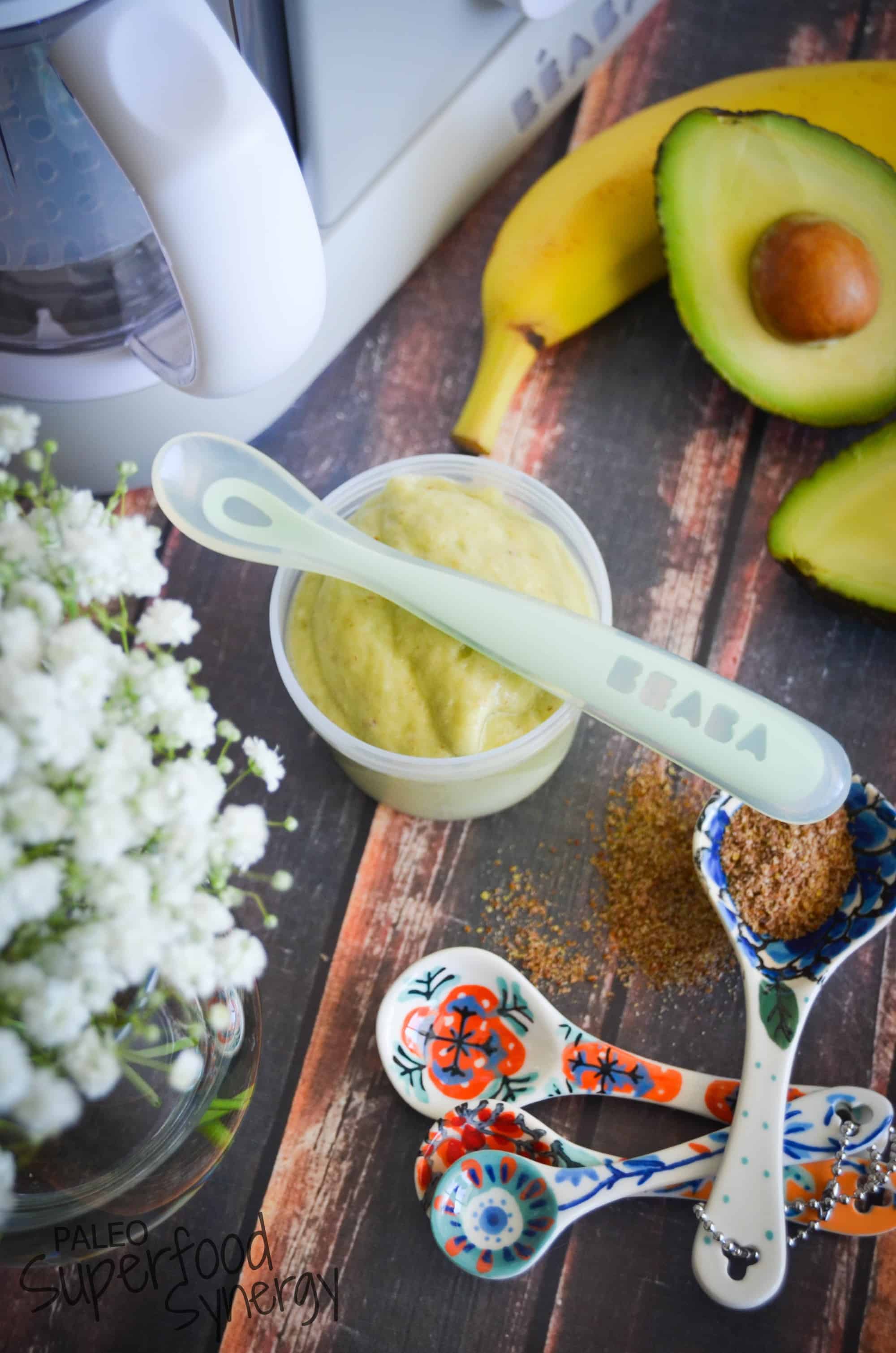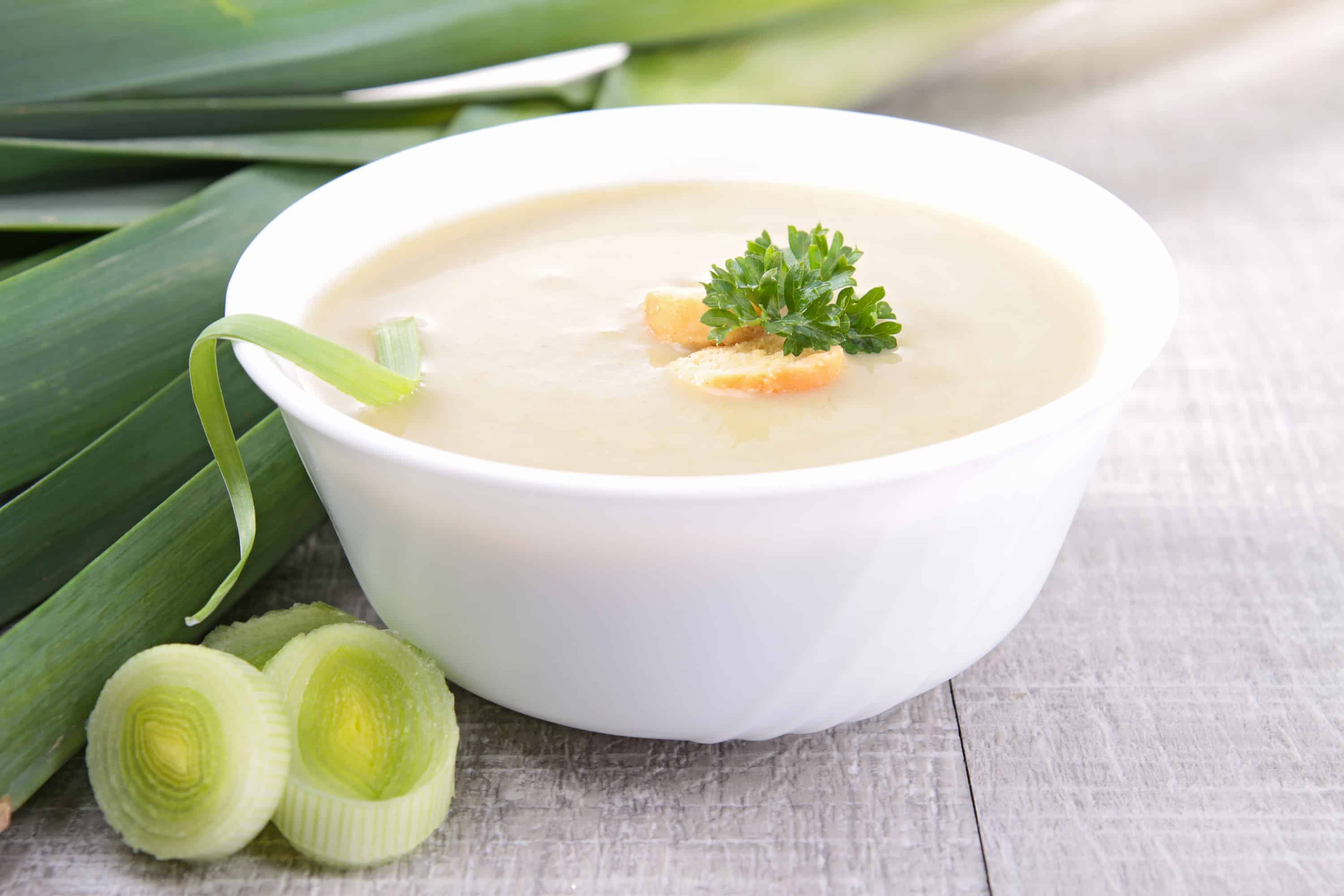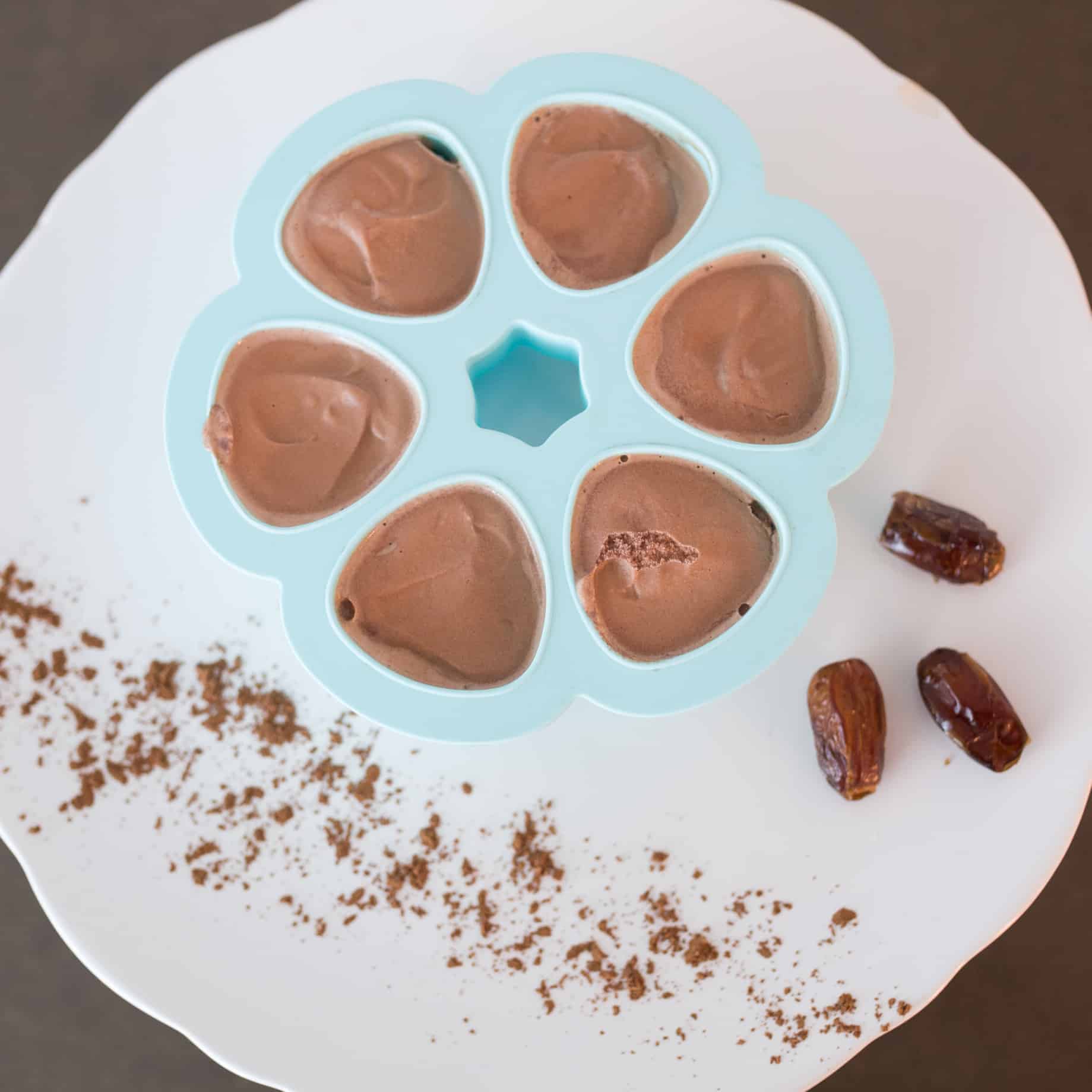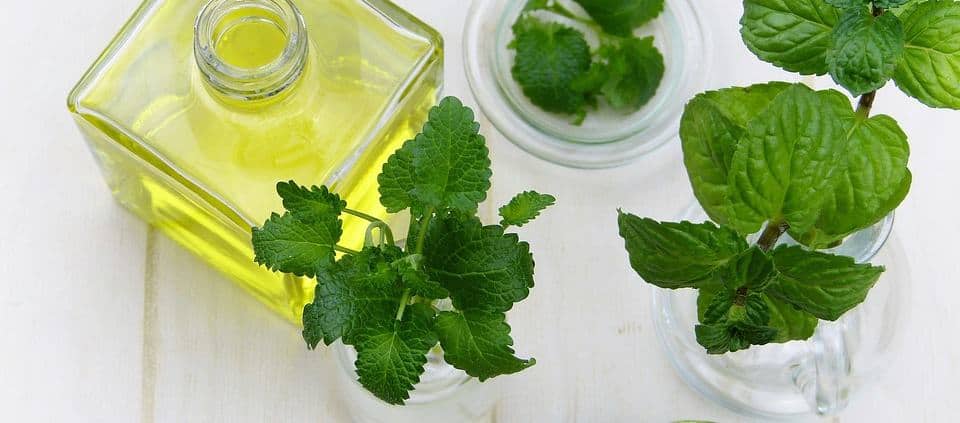Natural Remedies for Common Childhood Illnesses & Symptoms
When you’re holding your coughing, sniffling, sad baby in the middle of the night, you feel powerless. You’re not supposed to give a baby Sudafed or Benadryl or cough medicine (although 40% of parents do anyway). Short of giving your little one lots of snuggles, rest, and liquids, what else can you do?
Food can be your best weapon in the fight against common childhood illnesses. Whether you feed it to your baby, add it to the tub, or make your own calming lotion, different foods, herbs, and spices have properties that may reduce the severity of symptoms and help your baby (and you!) get some rest and relief. Here’s a rundown of the sicknesses that seem like they’re constantly floating around daycare and school, as well as the foods that can ease the pain.
Influenza
Flu symptoms run the gamut of awful, from headaches and chills to every mother’s favorite, irritability. Clear liquids like chicken broth will help a vomiting baby stay hydrated; so will cranberry juice or orange juice, with the added bonus of vitamin C. Queasy tummies are picky tummies, so if it’s not too dense, give your baby whatever he’ll eat!

Croup
An avocado, banana, and flaxseed purée is the perfect recipe for a baby with croup. Avocado and flax seed are high in anti-inflammatories like omega-3 fatty acids, and flax seed is a great source of magnesium. This essential mineral can actually relax the muscles around the airway so your child can breathe more easily.
Diarrhea
Diarrhea cleans your baby out, and not in a good way – focus on replenishing essential vitamins and minerals like potassium. A cup of winter squash has more than double the potassium of a banana, and it can be added to almost any purée since the flavor is so subtle.
Poison Ivy
Skip the medicine cabinet and head straight to the pantry to soothe a poison ivy rash. You can add any number of calming ingredients to your baby’s bath. Finely ground oatmeal (called “colloidal oatmeal”) or baking soda are popular additions. You can even add a few black tea bags; the tannins in the tea will protect the skin.
Ear Infections
 Try this recipe for white bean soup. The smell of the onion will help clear up the nasal passages and garlic is a true cure-all. It’s an antimicrobial, antibiotic, and antivirus, and studies have found that garlic can reduce the likelihood and duration of the common cold (often a precursor to ear infections) and improve the effectiveness of traditional antibiotics.
Try this recipe for white bean soup. The smell of the onion will help clear up the nasal passages and garlic is a true cure-all. It’s an antimicrobial, antibiotic, and antivirus, and studies have found that garlic can reduce the likelihood and duration of the common cold (often a precursor to ear infections) and improve the effectiveness of traditional antibiotics.
Lice
Essential oils have actually been shown to be more effective at treating lice than insecticides. Add a few drops of rosemary, tea tree, or lavender essential oil to a small amount of olive oil or neem oil, and leave in your child’s hair for several minutes. Rinse and brush with a nit comb.
Hand-Foot-Mouth Disease
Soothe mouth blisters and sore throats with sugar-free, dye-free popsicles. This may cheer up irritable babies, too! Clear liquids are key to keeping your child hydrated and on the road to recovery; try diluting some juice with water for a tasty treat that’s not as sugary as straight juice.

Roseola
Fevers can quickly deplete your baby’s store of water and electrolytes, so offer some coconut water to your little one. If your child is at least a year old, avocado and coconut “nice” cream will be a sweet treat to help her cool down. Younger babes will gobble up this chocolate and coconut “nice” cream – it’s ice cream for babies!
Fifth Disease
Oatmeal is your best friend when your child has fifth disease. It’s a fortifying meal during the first stages of the disease, when your child may have a fever and/or the sniffles. Once the rash sets in, an oatmeal bath can calm the skin and console a fussy baby.
Chicken Pox
Apply a paste of one part baking soda and three parts water to the affected area, then wash off. You can also add a touch of baking soda or colloidal oatmeal to your baby’s bath water. Keep baby from scratching blisters until they bleed by trimming his nails after the bath.
Ringworm
Ringworm is actually caused by a fungus (and not a worm, thank goodness!), so antifungal sprays made from natural ingredients can be used to treat it. Apple cider vinegar is a popular home remedy. You can also dilute olive oil with a few drops of tea tree oil and apply the mixture to the affected area. Instant homemade antifungal spray!
Food as a Preventative
A rich and varied diet with lots of fruits, vegetables, and protein sources will help your baby build up his immune system so he’s less susceptible to these common childhood ailments. Sure, there may be some days when your toddler eats nothing but peanut butter toast, but aim for a well-rounded diet on the whole. Feel free to experiment! Lesser used spices like turmeric, coriander, and powdered ginger will add flavor and immunity-boosting power to your baby’s food on a regular basis.





Leave a Reply
Want to join the discussion?Feel free to contribute!